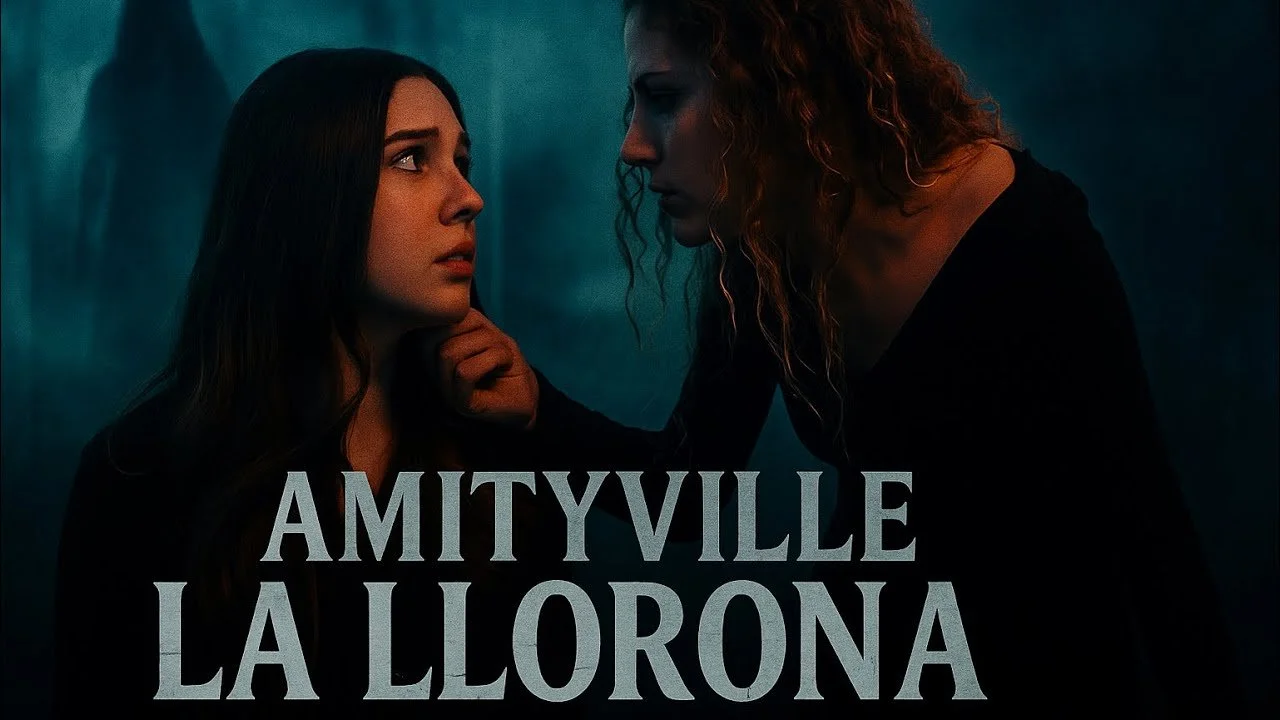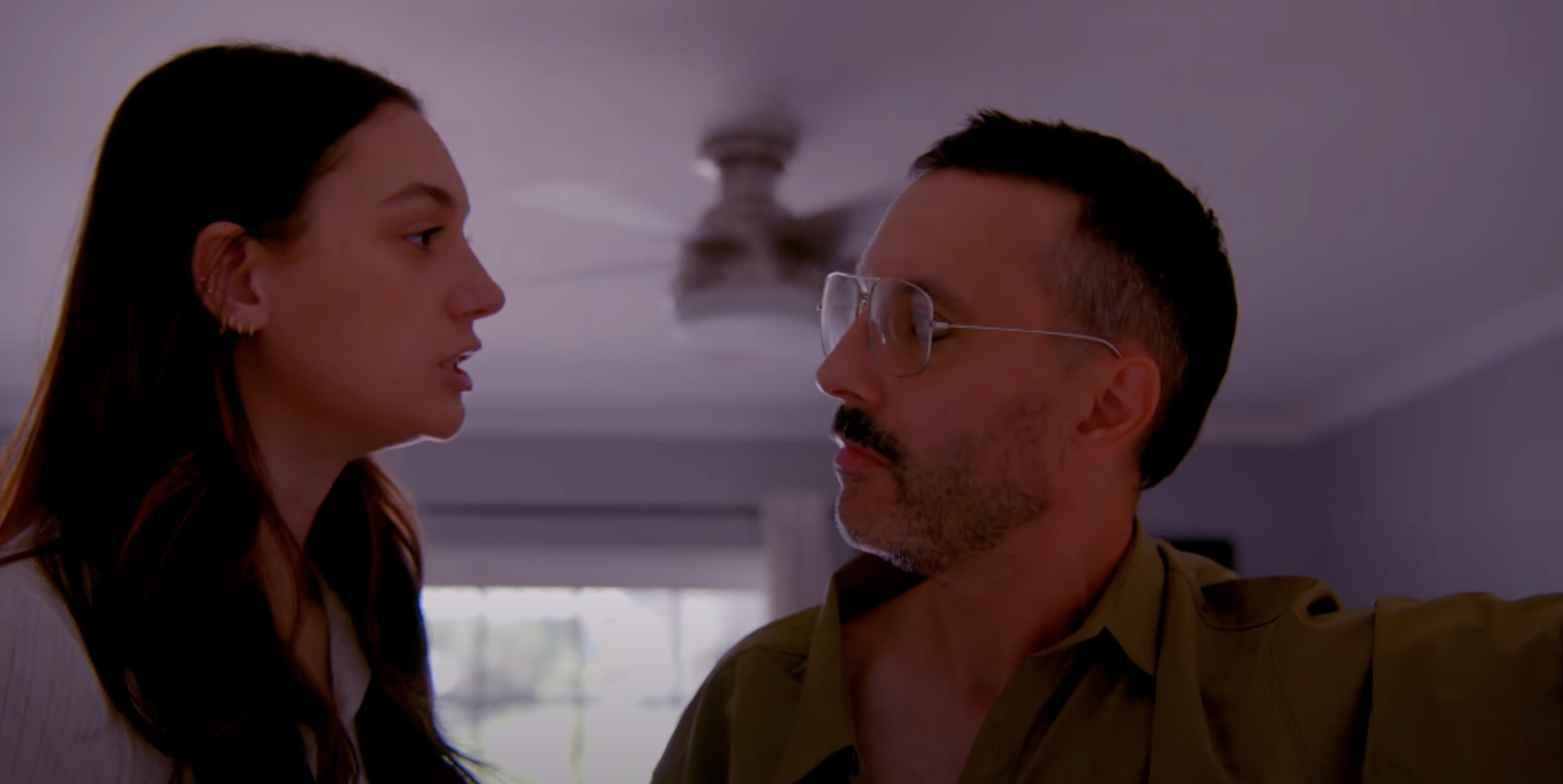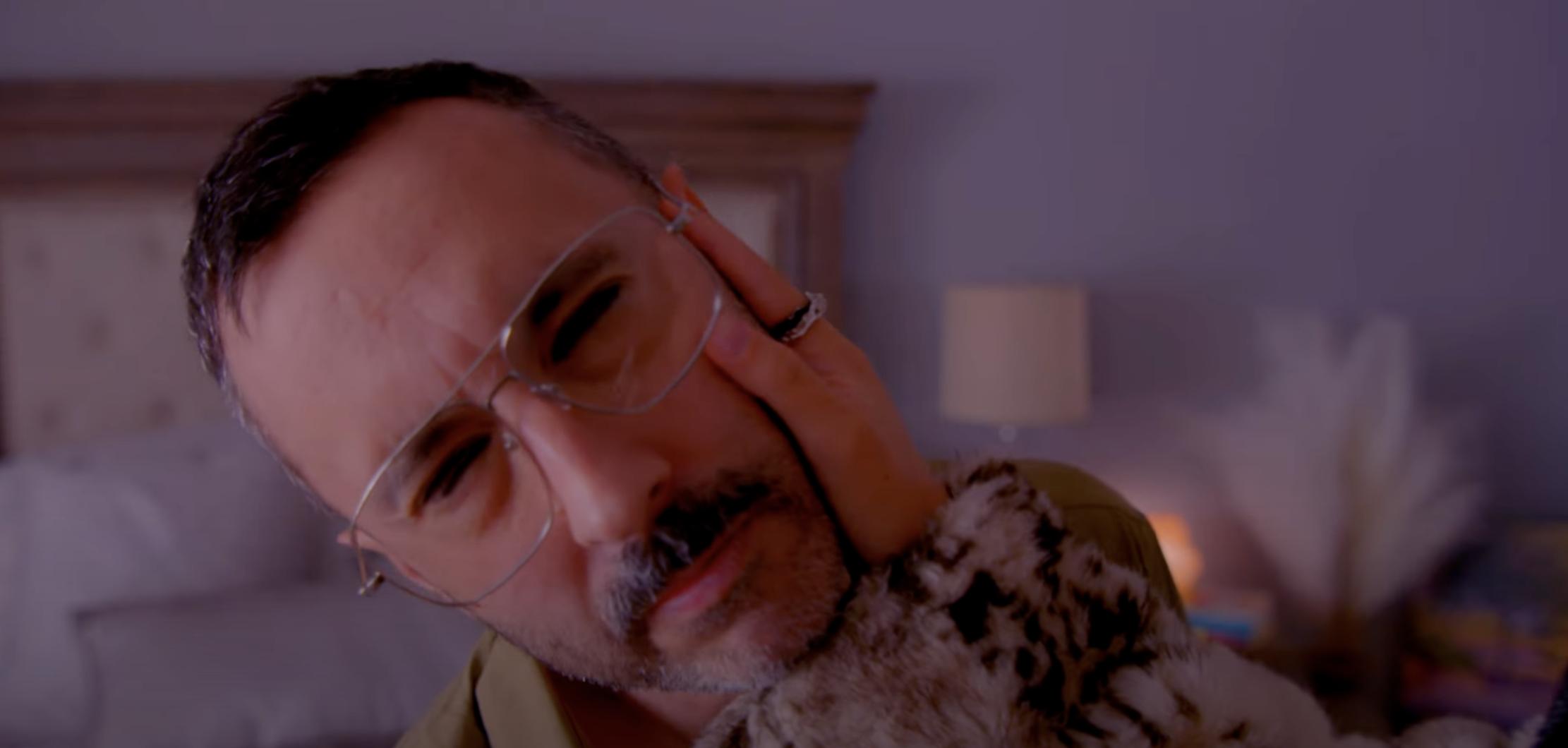Cinema Epoch’s Amityville La Llorona is the latest entry in the sprawling and often chaotic “Amityville” cinematic universe, and it dares to fuse two infamous horror traditions: the haunted Amityville house and the folkloric specter of La Llorona. Directed, written, and co-starring Jamie Grefe, this one-hour supernatural feature sets out to explore the toll of grief on a fragile marriage—only to be overshadowed by its own limitations.
The film follows Tom Masters (Grefe), still reeling from the loss of his father, and his wife Jules (Sloane Tower) as they attempt to regroup in a rental home that, of course, holds dark secrets. Tom’s mourning soon mutates into erratic behavior and paranoia, and the couple’s already fraught relationship begins to unravel. Enter La Llorona (Skya Theobald), whose presence escalates the tension into outright chaos, summoning her spectral child (Chris Spinelli) to intensify the haunting. What should be a collision of grief, folklore, and supernatural menace often feels instead like a series of long, repetitive arguments punctuated by fleeting bursts of horror.
To its credit, the film tries to mine the emotional pain of loss for horror. Much of the dialogue between Tom and Jules—debating memory, love, and whether grief makes them strangers to one another—aims for raw, confessional intimacy. In moments, it resembles an experimental stage play more than a horror film. But what ambition exists is undercut by flat performances and repetitive scripting. There are entire stretches of circular dialogue, where characters repeat lines like “It’s going to be okay” and “It’s part of life” dozens of times, draining scenes of tension.
As a horror film, Amityville La Llorona falters. There’s little in the way of genuine scares, atmosphere, or even visual menace. La Llorona herself, despite Theobald’s effort, never becomes the terrifying figure she could be. The film leans on minimalist sound design and dialogue, but without sharp editing or a dynamic sense of dread, the result feels monotonous. What might have been a disturbing meditation on loss and toxic relationships instead plays like a prolonged argument interrupted by the occasional supernatural interlude.
In the ever-expanding (and increasingly diluted) Amityville lineage, this entry struggles to justify its existence. It’s not without artistic intent—there’s an earnest attempt to merge folklore with marital collapse—but its execution leaves the film feeling inert and forgettable. Much like the toxic relationship it portrays, Amityville La Llorona is an experience many viewers may not want to revisit.
Verdict: An ambitious but lifeless fusion of folklore and franchise, this film is more exhausting than haunting. Best left to completists.
Jessie Hobson



